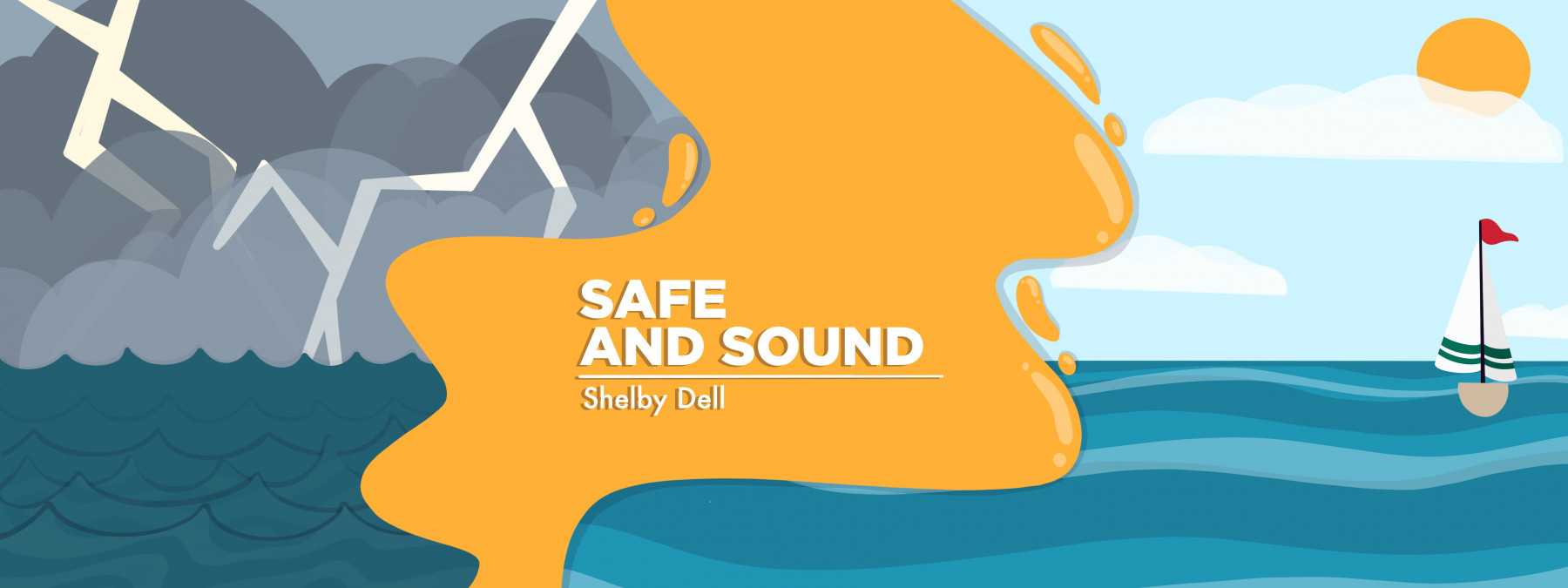What Cystic Fibrosis Has Taught Me About Caring for My Mental Health
Written by |

Editor’s note: This column discusses suicide. Please find resources for help at the end of the column.
I’ve seen my brother, Brad, go through many phases in life, but the most distinct and emotional one was his rebellious teenager phase. While other teens were out dyeing their hair purple, drinking, or experimenting with sex, he was finding rebellion in another place: his health.
This isn’t to say he didn’t rebel in other ways — I’m sure he did. But the most havoc to our family was caused by his decision to stop taking care of his body.
Grasping for autonomy
For Brad, growing up was a circus of pills, doctors, specific foods, and breathing treatments, all for the sake of keeping his body going. What no one was paying attention to was how that affected his mind. Being constantly told from birth what to do with his body, and what to put into it, must have been infuriating. But no one ever noticed, because they knew what was best for his body.
Of course, all of this rebellion led to consequences, such as getting sick and being told that if he didn’t start taking care of himself, he wouldn’t be considered for lung transplant. Another more indirect consequence was the emotional strain it put on our family. My parents fought with him to take his medicines, be more independent, see the consequences of his actions, and make a change. They went head to head on this quite a bit.
A shift in perspective
I have depression and anxiety. I often have to force myself to brush my teeth, take my antidepressants when I don’t feel like they’re working, do my laundry, and all the other mundane aspects of life that keep me going. Seeing my brother actively and willingly choosing not to care did a few things to my brain. It made me even more depressed than I had been. His death was no longer a distant hypothetical, but rather an urgent and inevitable reality I needed to prepare myself for.
It also made me feel that I didn’t need to take care of myself, either. Granted, this was probably a lot of teen angst and a desire for the attention my younger brother was getting, but it was still a very real feeling.
The expectancy of my brother’s approaching death also made suicide seem less like a dreamy fantasy of escape and more like something I could actually do if it came to that point.
You can imagine the emotional turmoil endured by parents of kids with cystic fibrosis or any other chronic illness. While I kept most of my depression and suicidal ideations to myself, I saw the way they reacted to him not caring and slowly giving in to death, which gave me the motivation to get my own act together and start taking better care of myself. To this day, I think of my mom crying at the kitchen island when she saw that Brad had skipped — yet again — his morning medicines before going to school. This gives me the willpower to take my own medications to keep my mind healthy, so that she won’t have to go through that again.
Eventually, Brad learned how precious life is, even while dealing with the constant struggle that is cystic fibrosis. On my hardest days, he’s one of the reasons I choose to stick around.
If you or anyone you know is experiencing suicidal thoughts or needs someone to talk to, please call the National Suicide Prevention Line at 1-800-273-8255 or visit suicidepreventionlifeline.org.
***
Note: Cystic Fibrosis News Today is strictly a news and information website about the disease. It does not provide medical advice, diagnosis, or treatment. This content is not intended to be a substitute for professional medical advice, diagnosis, or treatment. Always seek the advice of your physician or other qualified health provider with any questions you may have regarding a medical condition. Never disregard professional medical advice or delay in seeking it because of something you have read on this website. The opinions expressed in this column are not those of Cystic Fibrosis News Today, or its parent company, Bionews, and are intended to spark discussion about issues pertaining to cystic fibrosis.








Leave a comment
Fill in the required fields to post. Your email address will not be published.